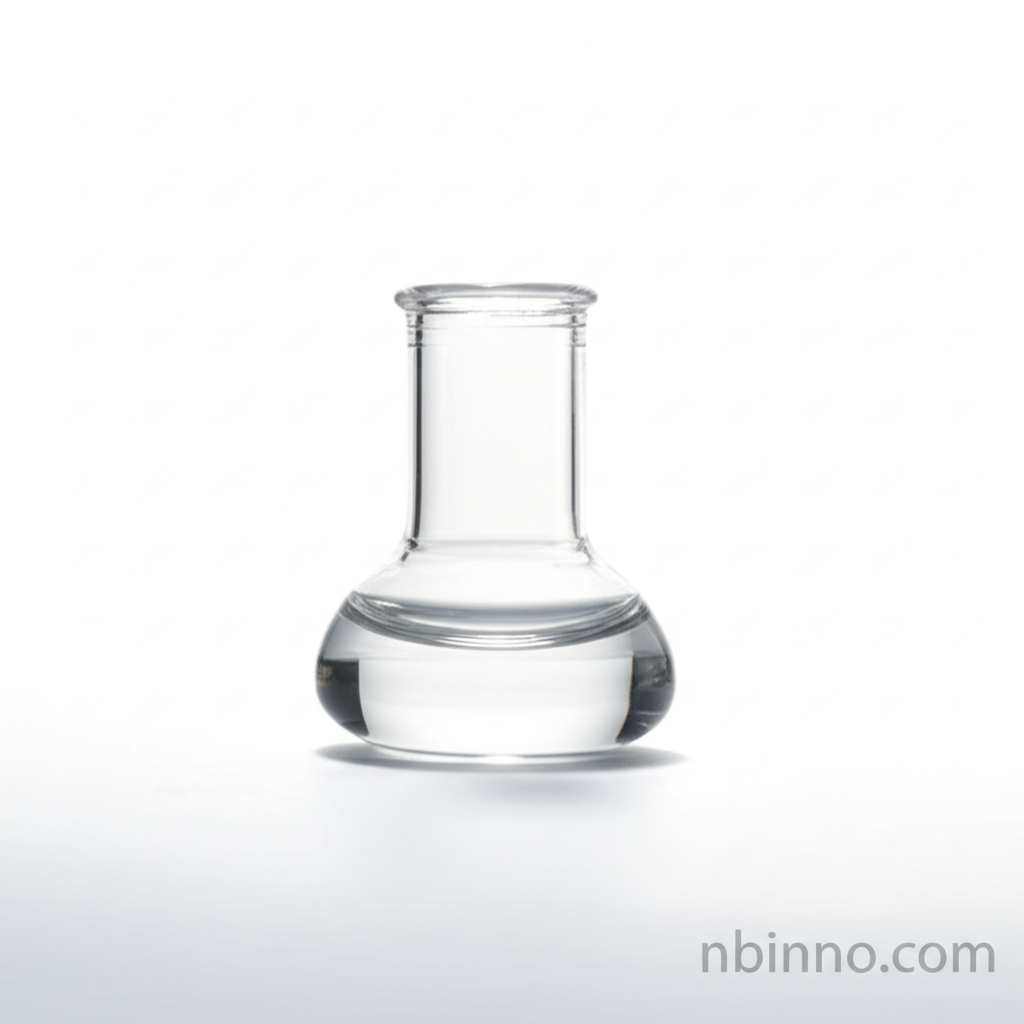N,N-Diisopropylethylamine (DIPEA): Your Essential Non-Nucleophilic Base for Advanced Synthesis
Discover the power of DIPEA, the indispensable Hünig's base. This strong, sterically hindered organic amine is crucial for driving efficient reactions in peptide synthesis and broader organic chemistry applications, ensuring high yields and purity in your research.
Get a Quote & SampleProduct Core Value

N,N-Diisopropylethylamine
As a leading supplier in China, we provide high-purity N,N-Diisopropylethylamine (DIPEA), also known as Hünig's base. This tertiary amine is celebrated for its strong basicity and significant steric hindrance, making it an exceptionally effective non-nucleophilic base. It excels at scavenging protons without participating in unwanted nucleophilic side reactions, a critical advantage in sensitive chemical transformations. Our commitment to quality ensures that DIPEA from NINGBO INNO PHARMCHEM CO.,LTD. meets stringent standards, supporting your research and production needs.
- Leverage DIPEA's non-nucleophilic base properties for precise peptide synthesis, ensuring efficient amide bond formation and successful deprotection steps.
- Utilize Hünig's base in organic synthesis applications to promote various reactions, including alkylations and cross-coupling reactions, with enhanced selectivity.
- Experience the benefits of buying N,N-Diisopropylethylamine as a reliable proton scavenger, crucial for maximizing yields and minimizing by-products in complex syntheses.
- Incorporate DIPEA into your synthetic strategies for superior performance in reactions where strong, non-interfering basicity is paramount.
Advantages Provided by the Product
Enhanced Reaction Selectivity
The substantial steric bulk of DIPEA ensures it acts primarily as a proton acceptor, significantly minimizing competing nucleophilic reactions and leading to cleaner reaction profiles and higher yields in complex organic synthesis applications.
Crucial for Peptide Synthesis
As a key reagent in peptide synthesis, DIPEA effectively scavenges acids generated during coupling and deprotection steps, protecting delicate peptide bonds and ensuring the integrity of the growing peptide chain.
Versatile Reaction Facilitator
DIPEA's strong basicity and low nucleophilicity make it an excellent catalyst and base in a wide array of transformations, including alkylations, cross-coupling reactions like Heck and Sonogashira, and various condensation reactions.
Key Applications
Peptide Synthesis
As a vital base, DIPEA is instrumental in solid-phase peptide synthesis (SPPS) for promoting peptide bond formation and scavenging acidic by-products during deprotection steps, contributing to the efficient synthesis of peptides.
Organic Synthesis
Its role as a non-nucleophilic base makes DIPEA invaluable in numerous organic reactions, such as alkylations, acylations, and eliminations, where control over reactivity is essential.
Catalysis Enhancement
DIPEA can activate catalyst complexes in reactions like hydrogenation of unsaturated nitriles and facilitate reactions involving acid chlorides and anhydrides, enhancing overall reaction efficiency.
Drug Discovery and Development
The precision and reliability offered by DIPEA make it a preferred choice in the synthesis of complex pharmaceutical intermediates and active pharmaceutical ingredients (APIs).
